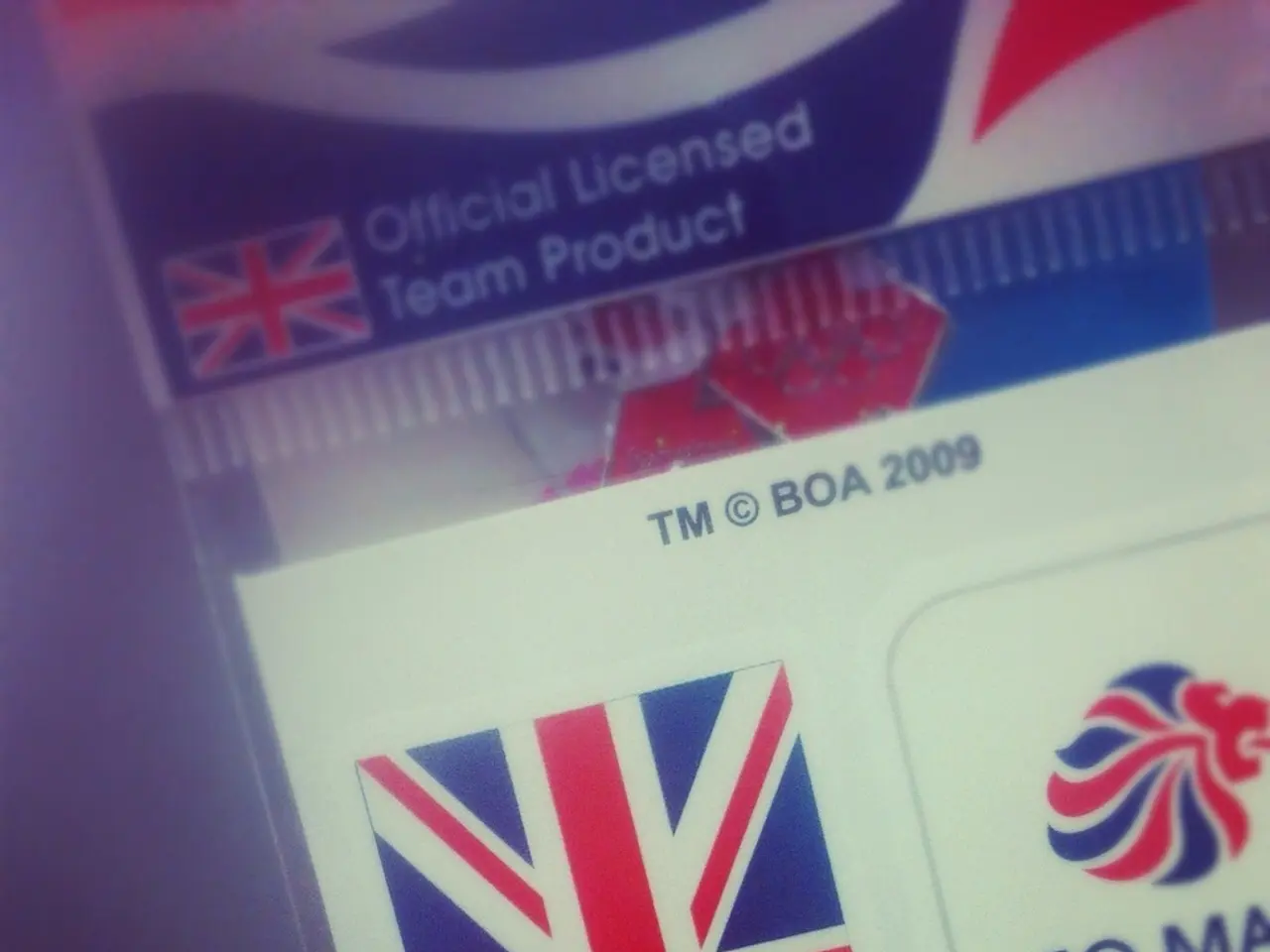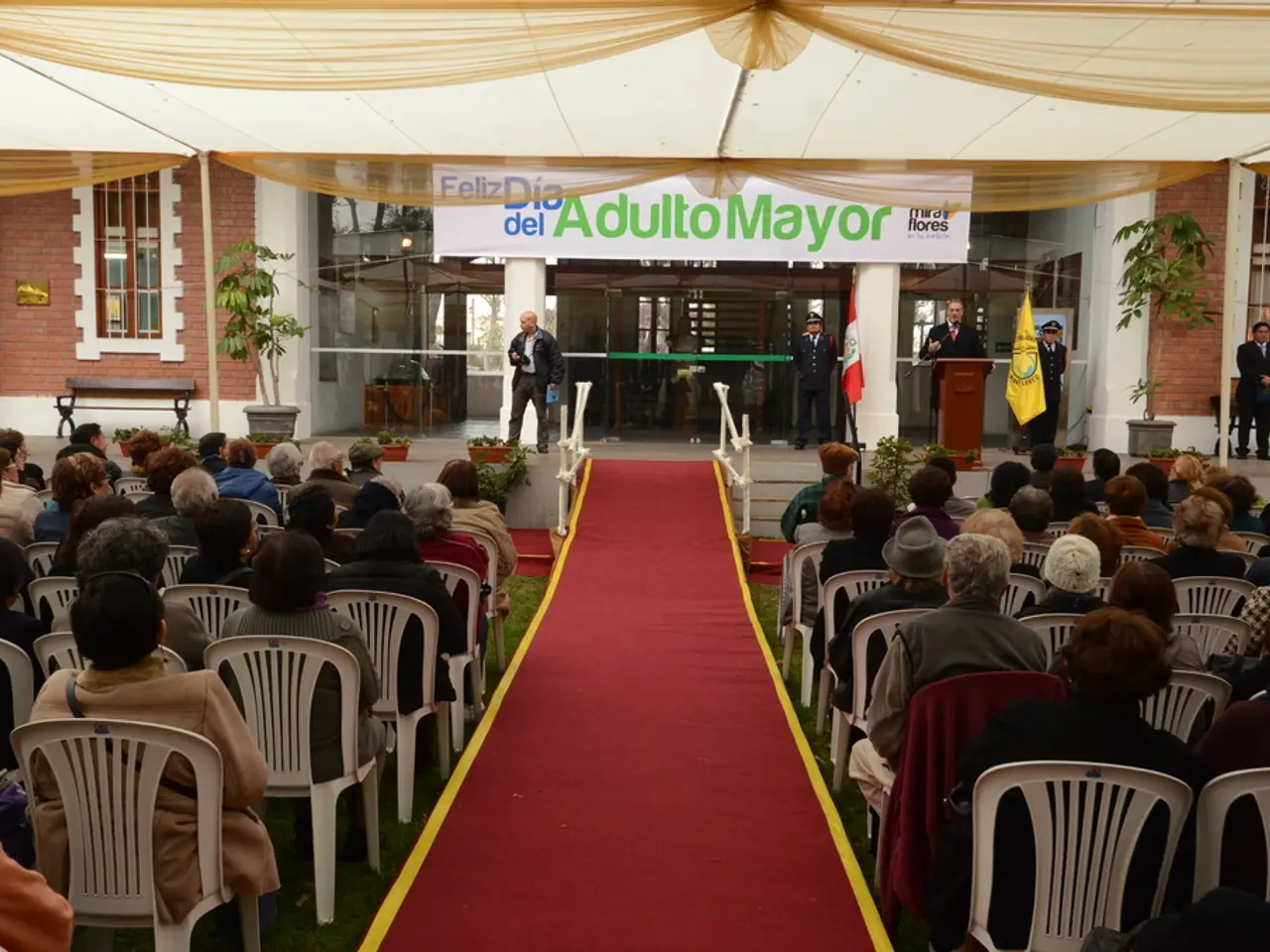Tax Exemption Granted: Granted tax immunity or exemption from paying taxes.
In the United States, a number of states do not impose a state sales tax, providing a unique advantage for businesses and consumers alike. This article highlights several of these states and provides important information about exemption certificates in Connecticut and Ohio.
States without a state sales tax include Louisiana, Hawaii, Montana, North Dakota, Rhode Island, West Virginia, Utah, Kansas, North Carolina, Idaho, Missouri, Vermont, Wyoming, Mississippi, Kentucky, Pennsylvania, Massachusetts, Oklahoma, Arizona, Texas, Iowa, Ohio, Virginia, New Jersey, California, Nebraska, Indiana, Minnesota, South Dakota, South Carolina, and Wisconsin. Additionally, Washington and Florida do not have a state sales tax.
Connecticut offers exemption for certain items on a case-by-case basis. The Tangible Property Exemption Certificate (CERT-119) is used for this purpose. It is important to note that exemption in Connecticut must be requested prior to each instance, and the process can take 6-8 weeks. For more information on obtaining exemption in Connecticut, contact Procurement.
Connecticut also provides a Meals and Lodging Exemption Certificate (CERT-112) for specific items.
Ohio does not have a state sales tax, and businesses can claim exemptions using the Ohio Sales and Use Tax Blanket Exemption Certificate (Form STEC B) for resale or exemption claims. Key details that must be included on this form are the purchaser's name, address, a valid reason for claiming the exemption or exception, and the purchaser's signature to validate the certificate.
There are two main types of Ohio exemption certificates: the Blanket exemption certificate (Form STEC B), often used for resale, and the Single purchase exemption certificate (Form STEC U). These forms serve as documentation to claim sales tax exemptions based on an appropriate reason such as resale or qualifying exemption status.
In Tennessee, exemption certificates for certain items are pending, and in Delaware, the exemption certificate for certain items is currently under review. The District of Columbia does have a state sales tax, but offers exemption for certain items.
By understanding the sales tax landscape in various states and the exemption processes in Connecticut and Ohio, businesses and consumers can make informed decisions when making purchases and navigating the complex world of sales tax.
Financing a business in certain states like Connecticut and Ohio can offer unique advantages due to their exemption certificates for specific items, easing the burden of state sales tax. In Connecticut, businesses need to complete the Tangible Property Exemption Certificate (CERT-119) and the Meals and Lodging Exemption Certificate (CERT-112), while Ohio uses the Ohio Sales and Use Tax Blanket Exemption Certificate (Form STEC B) for resale or exemption claims.




